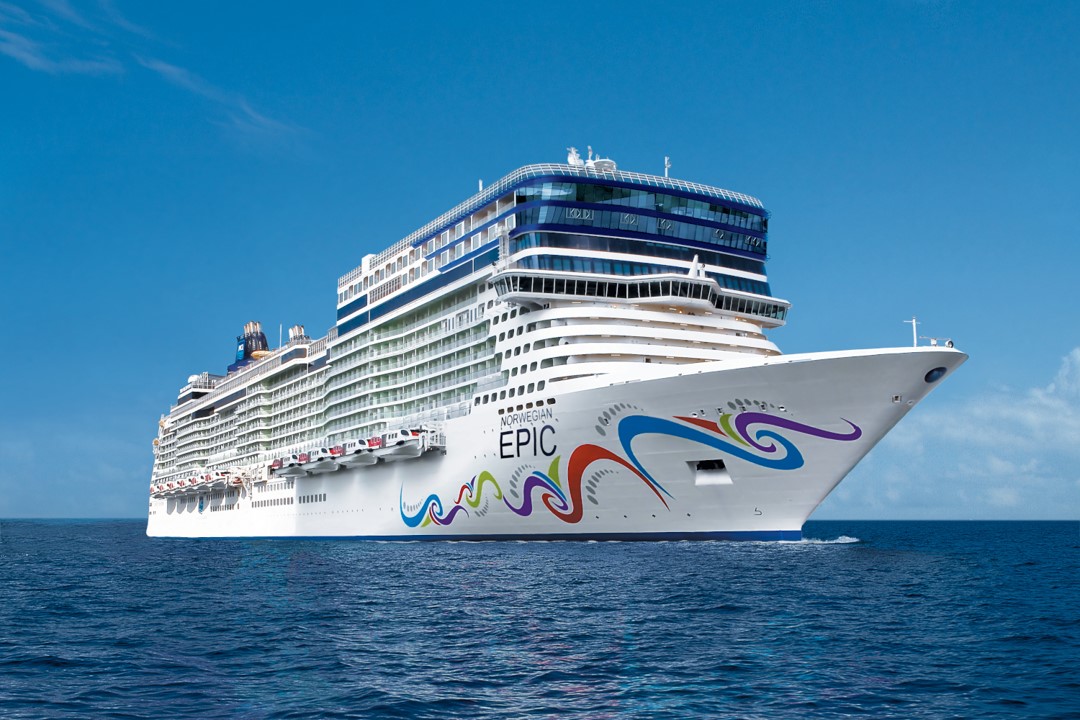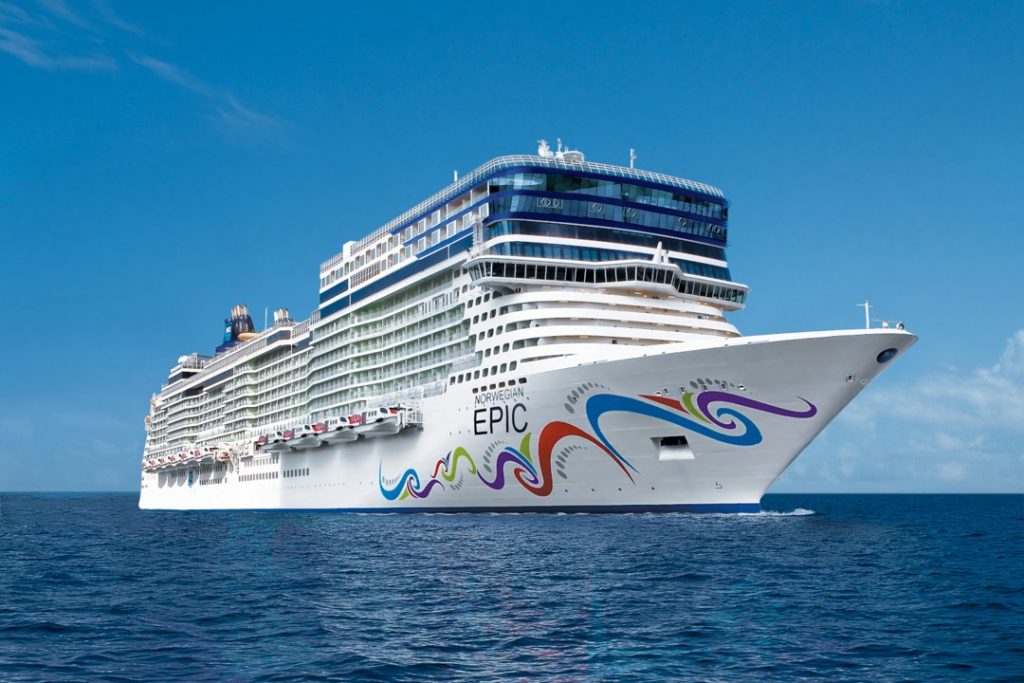Yara Marine and Norwegian Cruise Line mark green marine milestone


With eight years of close collaboration in the books, Norwegian Cruise Line and Yara Marine Technologies can celebrate the finalization of scrubber installations onboard eight NCL ships.
The program kicked off in 2012, with the first installation on the Pride of America completed in early 2014. Exhaust gas cleaning was still uncharted territory for most cruise operators in 2012, and scrubber installation on ships in service was a groundbreaking concept, recalls Peter Strandberg, Chief Technical Officer in Yara Marine Technologies.
“NCL was proactive early on exhaust gas cleaning systems. They took a gamble on scrubbers, and they needed to trust that we could deliver,” says Strandberg. Punctuality is critical in all shipping, he notes, but especially in cruise, with passengers waiting on the dock. “It’s complicated to install scrubbers on ships in service, but NCL trusted Yara Marine to get the job done.”
New projects present new challenges
Giovanni Canu, Vice President Special Projects and Operational Support for Norwegian Cruise Line Holdings, began overseeing scrubber projects from the NCL side as the first installation was nearing completion. “I was told it was an extremely challenging project, and they were right,” he relates.
In-line scrubbers were still new to the game, and the level of invasion required in the vessel structure made it difficult to plan for all eventualities: “A lot of adjustments were required along the way, and here our Chief Project Engineer John Abbott provided invaluable experience and knowledge to the project,” Canu recalls.
After the Pride of America came four sister ships in the Jewel class. Once installation on the first of these ships was complete, Canu reports that the rest were managed with only minor adjustments.
“Our company was on the cutting edge of a new technology, which always comes with potential challenges and risks,” Canu acknowledges. But the feasibility of the retrofits was soon confirmed, as well as the effectiveness of the technology: “I saw what we were able to accomplish working with the right partners. At end of day Yara Marine delivered successful installations and justified our confidence in them.”
Pursuing a greener maritime future
Strandberg notes that the cruise industry has been at the center of the emissions debate for the last decade. “The intention with switching to low sulphur fuel was to reduce emissions to air, but the industry did not have all the information back then. Now we have studies showing that ships using HFO with scrubbers pollute even less than those burning marine diesel.”
Canu underscores the importance of environmental responsibility in the company’s business model. “We understand that protecting the environment is vital to our business. Preserving our oceans is one of NCL’s core company values. Installing exhaust gas cleaning systems was seen as part of our commitment to reducing our environmental impact.”
When smaller is better
“The cooperation with NCL has been unique,” Strandberg tells. “They have a small but highly skilled and solution-oriented project team. I think NCL’s company culture was the determining factor in the good cooperation. Openness and trust kept any problems from escalating.”
Canu confirms that NCL’s approach was different than most, especially the bigger cruise companies. “In fact our project team was only three people. Direct lines of communication helped make decision-making more efficient. We were able to move forward and learn by doing rather than getting bogged down in lengthy discussions.”
His take-away from the cooperation with Yara Marine is positive as well: “They were very open to modifications of the systems when we thought it was necessary. This allowed us to make some changes to make the systems perform even better. We are still working with them to upgrade and make changes, and we still value our cooperation highly.”
Green partners make good partners
“Together with good partners like NCL, we are seeking greener solutions for the maritime industry,” states Yara Marine Technologies CEO Thomas Koniordos. “Shipping needs solid partnerships in order to reach green goals. This requires a combination of reliable and effective technologies, a willingness to invest, and the ability to stay the course once a decision has been made.”
Giovanni Canu agrees: “If you believe in what you are doing, you can achieve great success, but you cannot do it alone. You need a committed team,” he emphasizes. “I believe this is a lesson for the industry to learn from as well, not just NCL. Some are still skeptical about scrubber installation, and when I think back, so was I.” Only experience can help companies to overcome this uncertainty, he maintains.
“This is a story of perseverance and mutual trust,” Canu concludes. “Not every approach was conventional, and along the way we had to embrace things we originally thought would not work. NCL and Yara Marine were genuinely interested in succeeding together, and we achieved our goal despite the challenges.”
For more information please contact:
Polyanna Rocha, Yara Marine Technologies, Polyanna.Rocha@yaramarine.com
